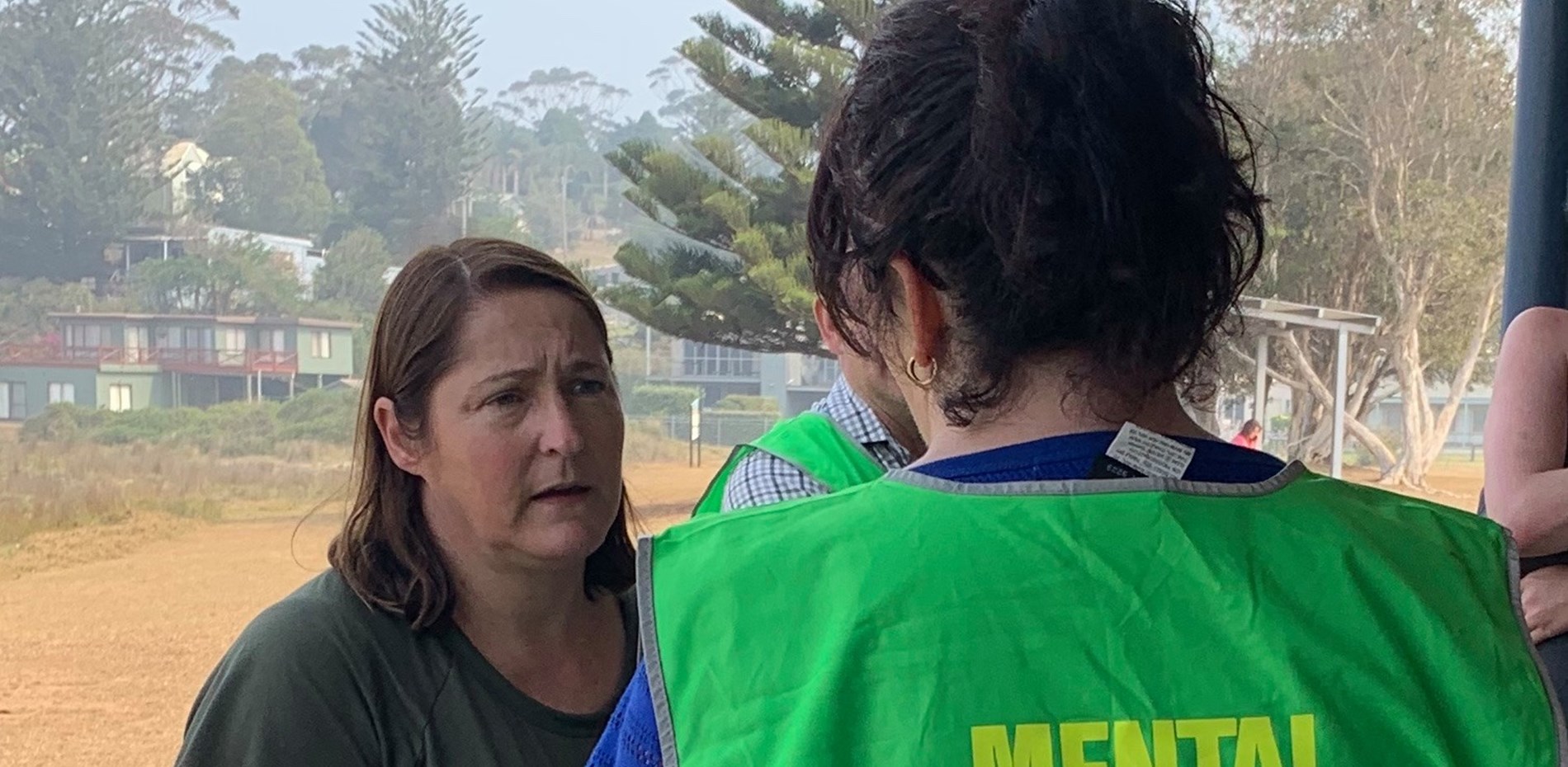Mrs PHILLIPS (Gilmore) (10:18): Thank you to the Member for Dobell for this important motion. There is absolutely no question that COVID-19 has had a profound and lasting impact on the mental health of all Australians. In bushfire-hit communities like mine on the New South Wales South Coast, that impact has been devastating. Local people along the South Coast have been struggling with hit after hit. First, the drought had far-reaching impacts for so many local people both directly and indirectly. Then came the bushfires. So many local people stayed to fight—a battle many have told me since that they would not fight again. It had simply been too traumatic. Some have been unable to return since. There were 600-odd homes lost in my electorate. Families were left with nothing, having to pick up the pieces and start again.
Our recovery had barely begun when COVID-19 hit. When your home has been burned to the ground and you don't know how you can pay to rebuild, and then you lose your job in a regional economy based on tourism, things can feel hopeless. When home has been where you need to stay but yours was lost in a fire, it can be hard to accept. Even those who did not lose everything have struggled. They struggled with the destruction of their towns and the loss of family and friends, and they struggled with the trauma of not knowing where the fire would hit next, with months of uncertainty and fear. That doesn't easily go away. When you have suffered from unprecedented crisis after unprecedented crisis, all in the space of a few months, you don't want to have to worry about how you will pay to get the help you need.
I welcomed the government's announcement of mental health assistance following the bushfires, even if it fell short in many ways. In particular, I was delighted to see funding being brought forward for a full headspace for Batemans Bay. It was a little cheeky of the government to include this $4.4 million as part of its $2 billion Bushfire Recovery Fund. This was money they had already committed to, but they masqueraded it as new funding. During the 2019 election, Labor was first to commit to the full headspace. Young people in the Batemans Bay area deserve to have improved local mental health services, and I fought hard for that commitment. I was pleased when the government matched that funding. In those early days after the bushfires, I called loudly for that to be brought forward and for interim services to be urgently made available. Thankfully, as of last week, young people in Batemans Bay are able to access the interim headspace service while plans for the full service progress. This is great news for our local community, and I have been right there with them, holding the government to account over this promise. I will keep following the progress of the full centre to make sure it is delivered on time and as promised.
What our community doesn't need is false promises—flashy announcements with no real substance, like so many tend to be. I have heard from far too many people who can't access mental health support. Jamie, a psychologist from Kiama, wants to see immediate changes to annual psychology session limits, much like what was done after the bushfires. This will be critical to ensuring local people can get the services they need when they need them. Jamie is concerned that those with pre-existing mental health conditions, frontline health workers and those who were quarantined will be the most at risk. Jamie said that many of her clients are spacing out their therapy sessions, as they know they cannot afford to pay for sessions privately, after they have reached the annual 10-session limit. This is very troubling. Jamie said that, for clients who had already used up many of those rebated sessions before the impact of COVID-19 hit, the situation is even more problematic. Many of these clients have now used their annual quota of 10 sessions. Some of these people have lost their jobs or their small businesses and are under enormous stress as they adjust to the extraordinary circumstances we are all living in.
We simply have not seen a response from the government that is proportionate to the risk here, particularly in regions like ours, on the New South Wales South Coast. I don't want to see anyone falling through the cracks because they could not afford the help they needed. We need to make sure everyone who has been impacted is getting help, without fear of the cost. The government simply must do better before it is too late.



